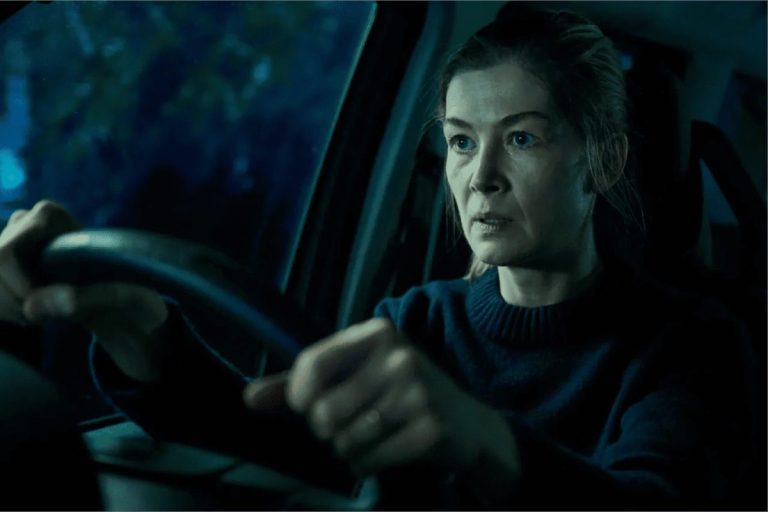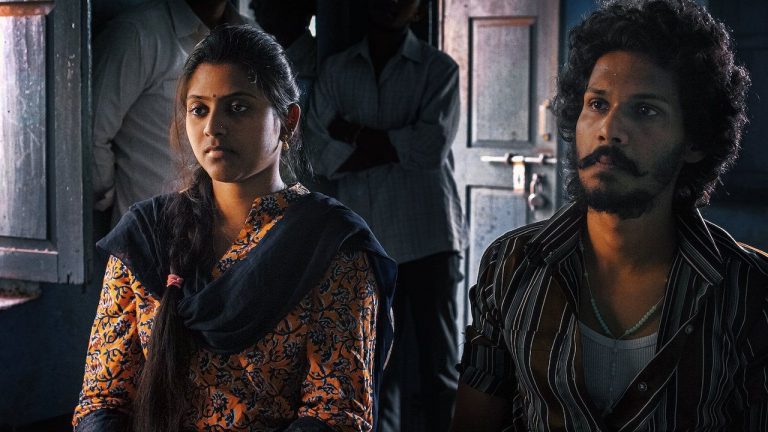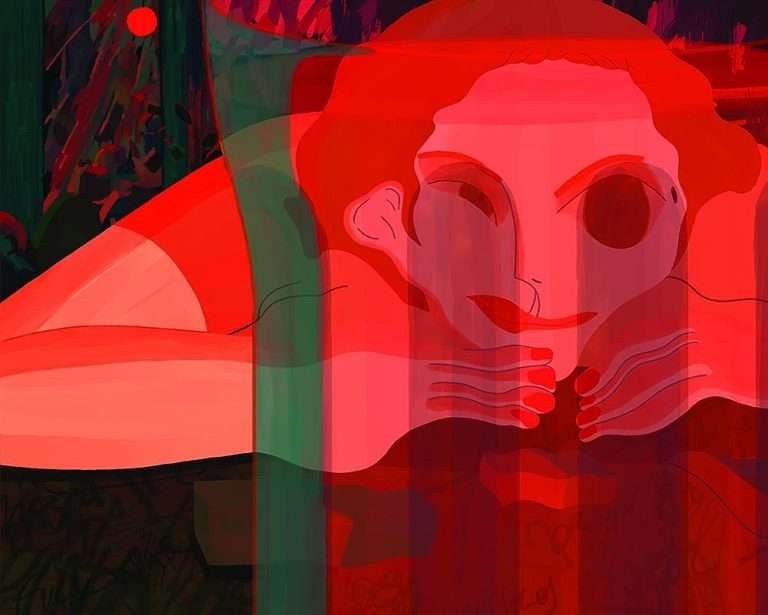There is one thing that has been said for any Hindi media like a broken record for a very long time: “Good intention doesn’t always translate to good art.” And the Zee5 show “Thode Door Thode Paas” falls prey to this totally. The show carries a genuinely good concept, which is relevant, warm, and filled with potential. The premise is simple yet instantly intriguing: a family is asked to go on a six-month ‘digital fasting’ challenge by the patriarch, Ashwin Mehta (Pankaj Kapoor), and in return, each of the five family members will receive ₹1 crore.
On hearing this premise, the first thing that comes to mind is that we are about to witness family bonding, wholesome moments, and rediscovery of human connection in the age of screens. And that is exactly what the show offers, but that also becomes the problem. You get what you expect, nothing more, nothing less. And in that sense, it becomes frustrating to even pass through the entire five episodes because there is no real surprise, no subversion, and certainly no spark that could have made this concept come alive.
The show immediately starts throwing familiar plot beats at you. The daughter-in-law and the grandfather bonding over making chutney on a sil batta, the grandson discovering the joy of cycling, and the granddaughter suddenly getting obsessed with Hindi literature, all of it feels exactly like what you have mentally prepared yourself for. Unfortunately, the director, Ajay Bhuyan, doesn’t attempt to challenge that predictability. His direction feels stuck in the emotional register of an old Rajkumar Hirani film, so you are spoon-fed every emotion, with emotionally manipulative music swelling at all the right (or rather wrong) places.
That is not to say there is no merit in the writing. Shiirshak S. Anand’s script occasionally tries to save the day with a few sharp moments that hint at something deeper. But even then, the execution doesn’t quite live up to the potential. The show actually excels the most in its first episode, which sets a strong foundation for what could have been a deeply affecting, funny, and emotionally resonant story.
The humor in the opening episode is tragic in the best possible way. We see the granddaughter, Avni (Ayesha Kaduskar), asking her grandfather to knock before entering her room. The grandson, Vivaan (Sartaj Kakkar), is a typical careless teenager, glued to his screen as if it were his lifeline. The parents are constantly busy on their phones, detached from the world and each other.
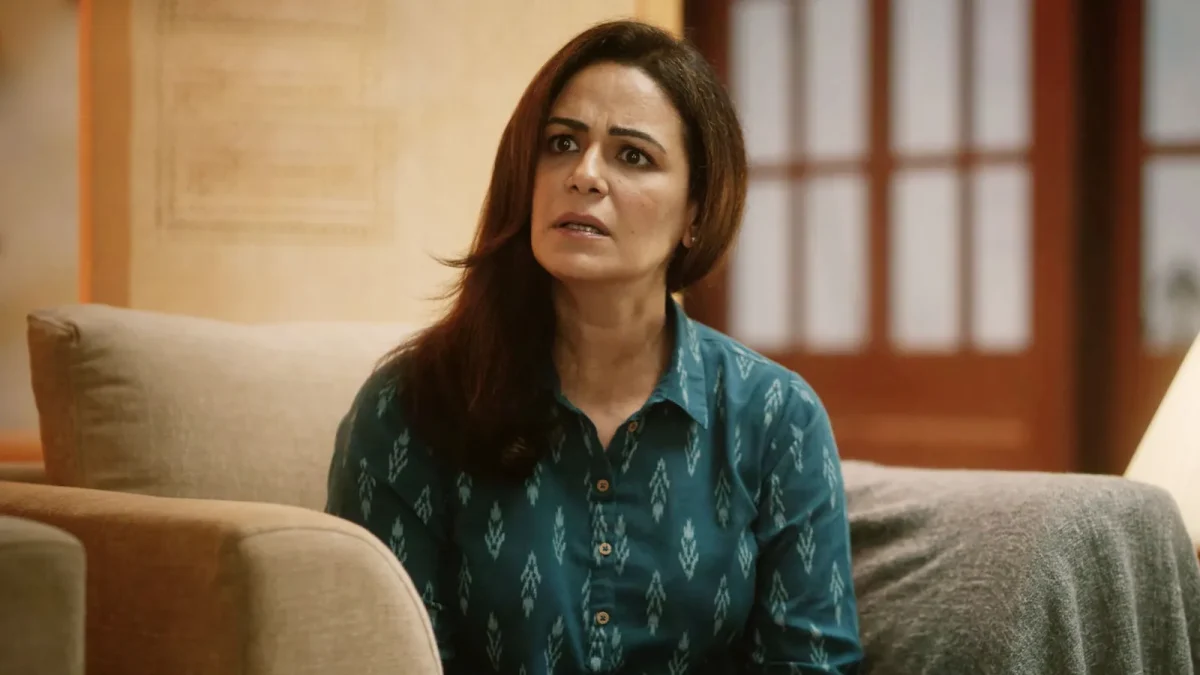
Must Read: The Top 5 Hindi Web Shows of 2020
And then, the episode ends with a heartbreaking moment, Ashwin Mehta, an old man left alone at the dining table, eating by himself, with only the photo of his deceased wife, Mallika, for company. It is a silent and powerful image that perfectly sets up the emotional motivation behind the “digital fasting” idea. For a moment, you sense that “Thode Door Thode Paas” might actually dig deep into this emotional space and explore something profound about loneliness in the digital age.
But sadly, the show only devolves from there. Instead of evolving into a layered exploration of dependency, anxiety, and connection, it slips into schmaltz. The concept of “digital fasting” becomes a vehicle for moral lectures rather than introspection. The frustrations in adults and anxieties in children are touched upon only superficially. Instead of showing how these emotions play out organically, the show insists on telling you through heavy-handed dialogue.
Take, for instance, Avni’s boyfriend, Raunak (Mayur More). He is written as this poetic, idealistic character who symbolizes “the beauty of human connection without gadgets.” It is such an on-the-nose narrative device that it ends up feeling hollow. Similarly, Vivaan’s arc, where he suddenly becomes better at studies after giving up screens, feels simplistic and outdated. You can see every beat coming from a mile away. Bhuyan doesn’t surprise you, and that predictability saps the story of any real power.
However, to give credit where it is due, there are still some refreshing tweaks within this familiar framework, mostly due to occasional good writing. One of them lies in the portrayal of Ashwin Mehta. Instead of being a stereotypical conservative and nagging elder, he is written as a wise, witty, and self-aware Navy veteran.
His belief system is rooted more in practicality than anything else. He is not someone who follows old problematic traditions. When he says, Phone agar smart ho gaya na, to mai bewakoof ho jaunga, (If the phone becomes smart, then I’ll end up becoming the fool), it comes across as grounded wisdom from years of experience instead of an arrogant statement from an ignorant adult. He is someone who believes in the simplicity of human interaction, the tactile joy of books, and the authenticity of learning through lived experiences.
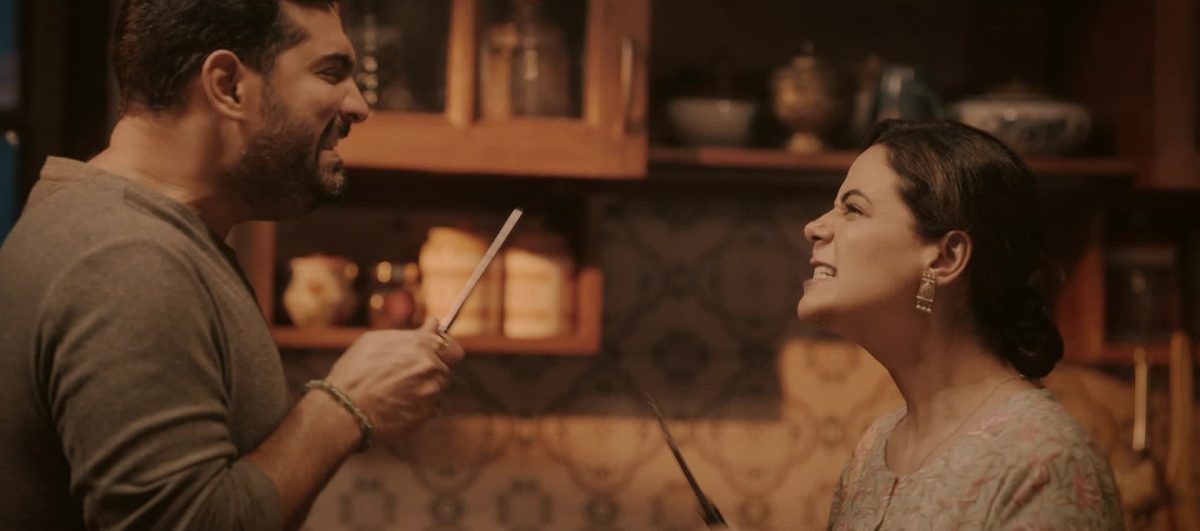
Also Read: The 25 Best TV Shows on Jio Hotstar
Another pleasant surprise is the show’s observation that adults are far more dependent on technology than children. In most shows or any form of media of this nature, kids are depicted as gadget-obsessed brats who throw tantrums when cut off from screens. But “Thode Door Thode Paas” flips that trope. Here, it is the adults who struggle more. Kunal Mehta (Kunaal Roy Kapur), a numerologist, becomes the first to panic when he realizes he can’t even do basic calculations without his phone. His arc subtly highlights how adults hide their digital dependency behind the facade of “work” or “responsibility.”
Meanwhile, the kids, surprisingly, adapt better. Their frustrations are real, but they also rediscover small joys faster. These moments, though rare, are where the show truly shines. There is warmth, truth, and humor when it lets its characters breathe instead of forcing them into preachy dialogues. The show also deserves points for its charming animated opening credits, which change slightly or sometimes entirely with each episode. It is a small, creative touch (thankfully, one that doesn’t use AI), but it adds a certain sweetness and personality to the viewing experience.
However, ultimately, “Thode Door Thode Paas” stumbles because it never decides what it wants to be. Does it want to be a social satire? A family drama? A light-hearted commentary on digital addiction? It flirts with all these tones but never commits to any. As a result, the emotional impact gets diluted.
And when we reach the pivotal moment where Avni doesn’t return home for a long time and her family struggles to contact her in the absence of phones, the show tries to make a point about balance. It attempts to say that the real villain has always been the excess of technology, not technology itself. But the message arrives too late, and by that time, the narrative has become too muddled to drive it home effectively.
Despite all this, “Thode Door Thode Paas” is not an entirely unpleasant watch. It remains warm, light, and occasionally heartfelt. There is sincerity in its attempt to remind us of simpler times, and the performances, especially from Pankaj Kapoor, elevate the material. Kapoor, flexing his unmatchable acting skills, brings gravitas to every frame he is in, his eyes reflecting both wisdom and loneliness.
Mona Singh and Kunaal Roy Kapur deliver believable performances, too, though their characters often feel underwritten. Overall, “Thode Door Thode Paas” is a well-intentioned show that never quite finds its rhythm. It is entertaining enough to keep you watching, but not powerful enough to make you think after it ends.


